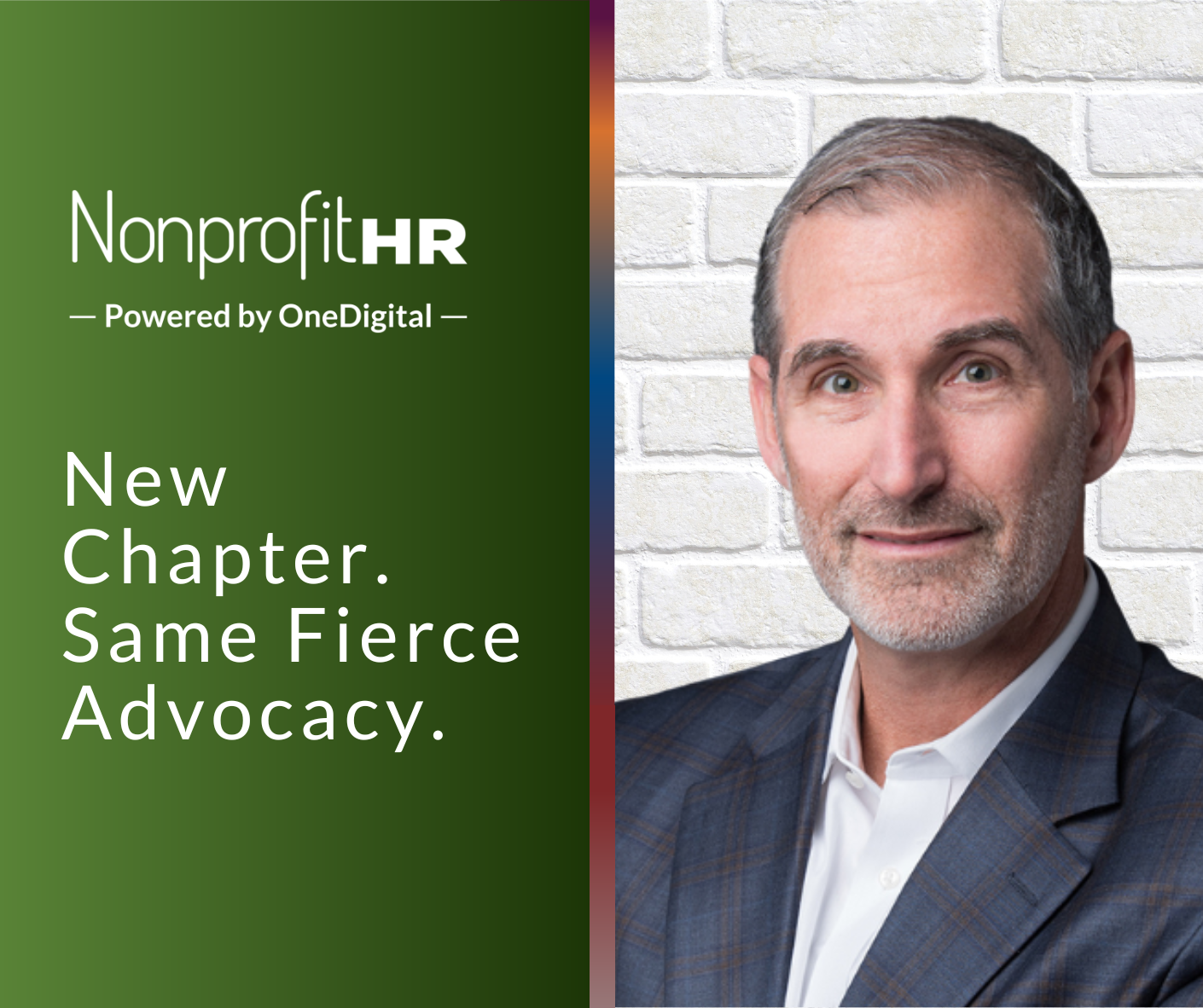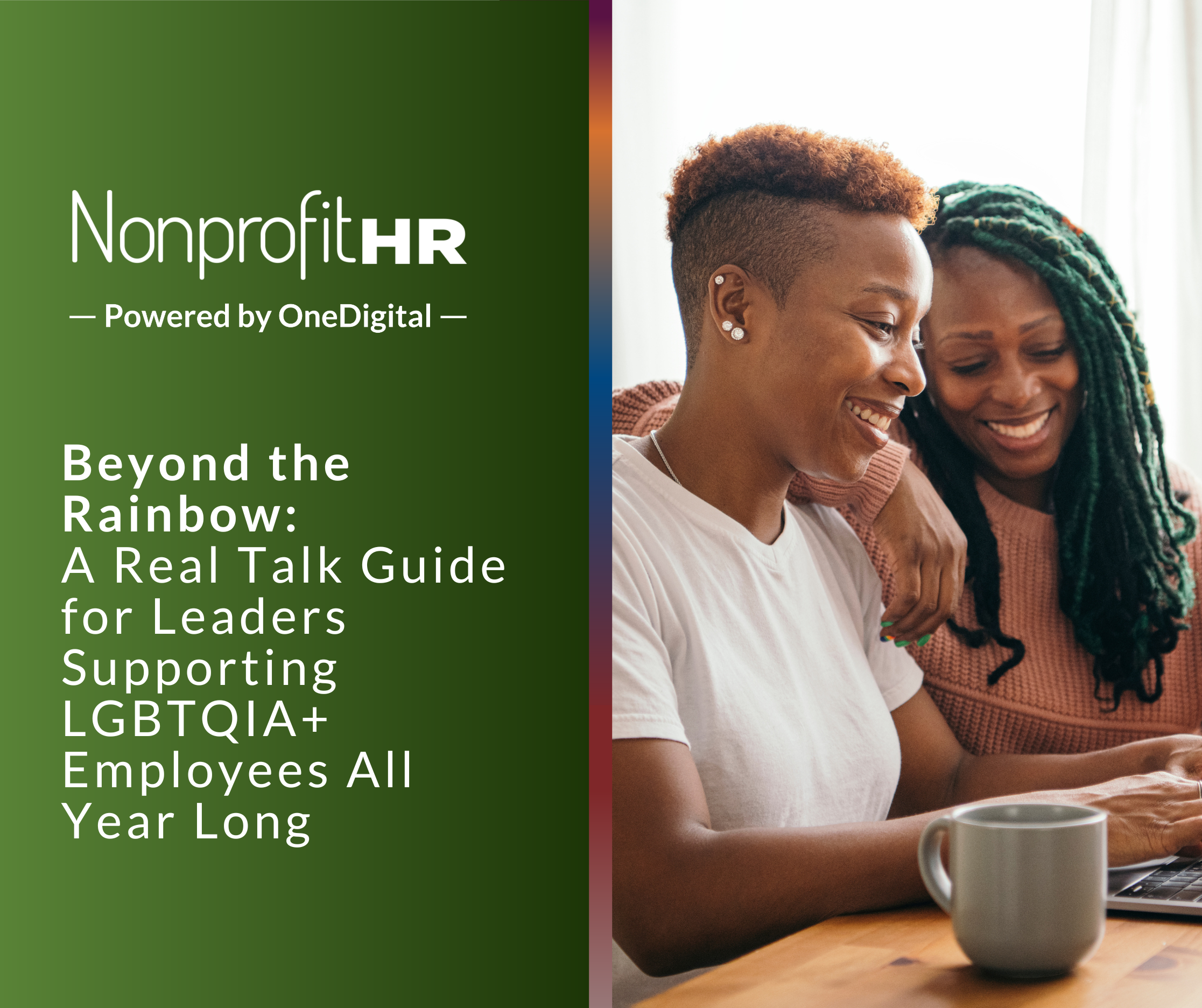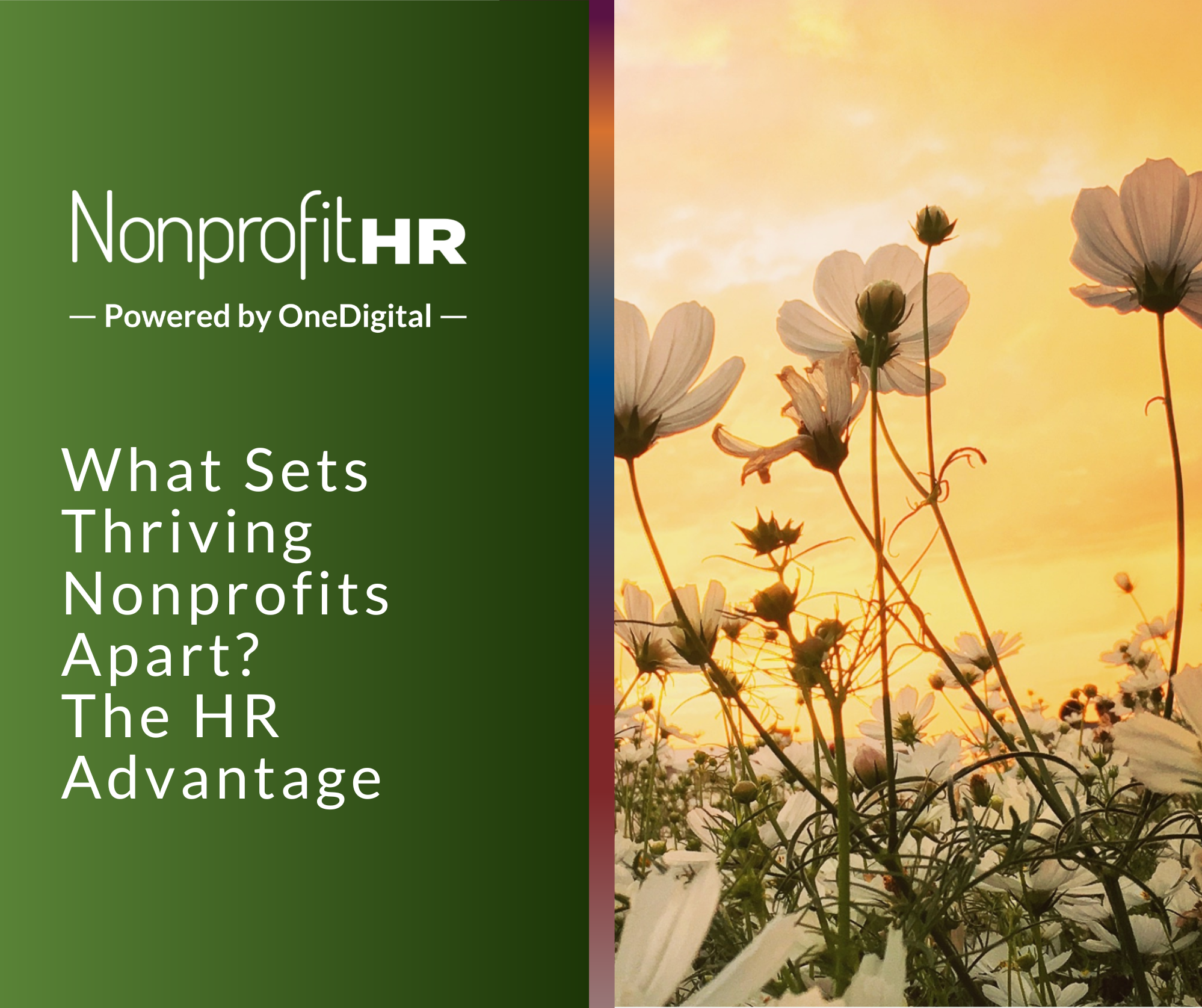WTOP: 5 ways nonprofits can…
A new generation of professionals entering management means the correlation between seniority and leadership could be disappearing. According to a new CareerBuilder survey, one third of U.S. workers say their boss is younger than they are and 15 percent say they work for someone who is at least ten years younger. Is your organization set up for this new interoffice dynamic?
“Age disparities in the office are perhaps more diverse now than they’ve ever been. It’s not uncommon to see 30-year-olds managing 50-year-olds or 65-year-olds mentoring 22-year-olds,” said Rosemary Haefner, Vice President of Human Resources at CareerBuilder. “While the tenants of successful management are consistent across generations, there are subtle differences in work habits and views that all workers must empathize with when working with or managing someone who’s much different in age.”
Here are more details from the study.
Communication Styles
While a majority of both age groups expressed a preference for face-to-face communication, evidence of a small digital divide exists. The phone, however, has fallen out of favor across the board.
How do you most like to communicate at work?
- Face-to-face: 60 percent (ages 55+);
- 55 percent (ages 25-34) E-mail/Text:
- 28 percent (ages 55+);
- 35 percent (ages 25-34)
- Phone: 12 percent (ages 55+);
- 10 percent (ages 25-34)
Perspectives on Career Path
Younger workers tend to view a career path with a “seize any opportunity” mindset, while older workers are more likely to place value in loyalty and putting in the years before advancement.
You should stay in a job for at least three years:
- Ages 25-34 – 53 percent
- Ages 55+ – 62 percent
You should stay in a job until you learn enough to move ahead:
- 25-34 – 47 percent
- Ages 55+ – 38 percent
Similar contrasts were found when looking at promotions:
You should be promoted every 2-3 years if you’re doing a good job:
- Ages 25-34 – 61 percent
- Ages 55+ – 43 percent
More on the study can be found here.





























